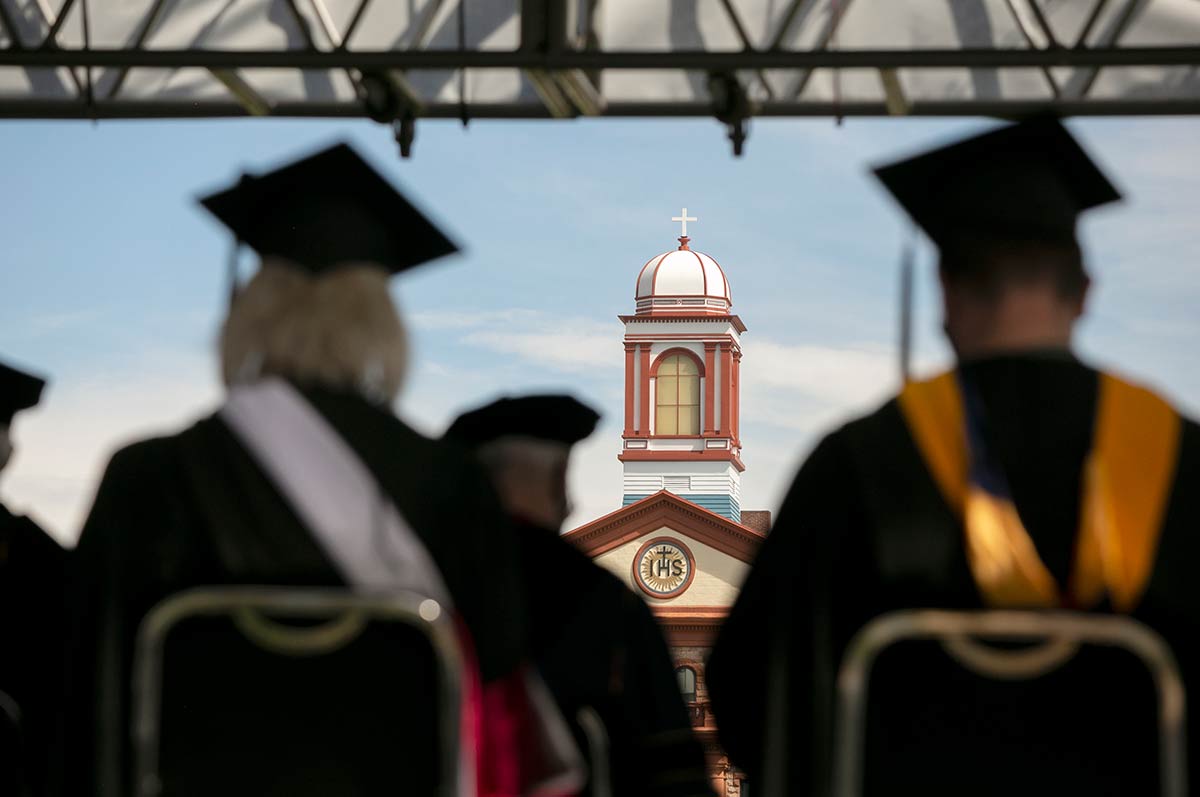Water Damage
Regis biologists assess Marshall Fire’s impact on Coal Creek
Coal Creek was in pretty good shape last summer when Kristofor Voss, Ph.D., director of Regis’ Environmental Biology Program, biology Prof. Michael Ghedotti, Ph.D., and a team of graduate students first studied it. Drought and development had taken a toll, but the research team could report to the City of Louisville that the stream flowed with life.
“It may not be the perfect, pristine mountain stream, but for a small, high-plains transition stream, it was pretty good,” said Ghedotti.
The City of Louisville, east of Boulder, commissioned the study, one of several assessments to determine the state of various ecological communities. In analyzing Coal Creek’s health, the Regis team found minnows and small varieties of sunfish and sucker fish. Nothing you could make a meal of, but life, and a healthy assortment of it.
That was before December, before the Marshall Fire.
Not long after the fire, the researchers learned that one of the sites they had sampled, near the golf course that bears the creek’s name, had completely burned.
So, Voss and Ghedotti now have a rare opportunity to immediately measure and quantify what effect a fire that devastated many human lives had on the smallest of creatures, and the ecosystem that supports them.
The Boulder County Nature Association has provided $2,050 for Voss and Ghedotti, and a team of Regis graduate students working toward a master of science in environmental biology, to return to the sites on the creek they examined last summer and determine the fire’s impact.
“We know that with climate change we are seeing more frequent and intense fires,” Voss said. “So, despite the human toll, this fire gives us the opportunity to find out how fire impacts stream ecosystems.
This year they’ll answer the question: what did the fire do? Then, Ghedotti said, they plan to return to the stream yearly to answer perhaps an even more vital question: How long until the stream returns to its previous health, if ever?
The study not only provides the community and the universe of scientists studying the impact of climate change with significant information, it also offers Regis students experience in a field that promises to grow in importance and impact, Voss said.



